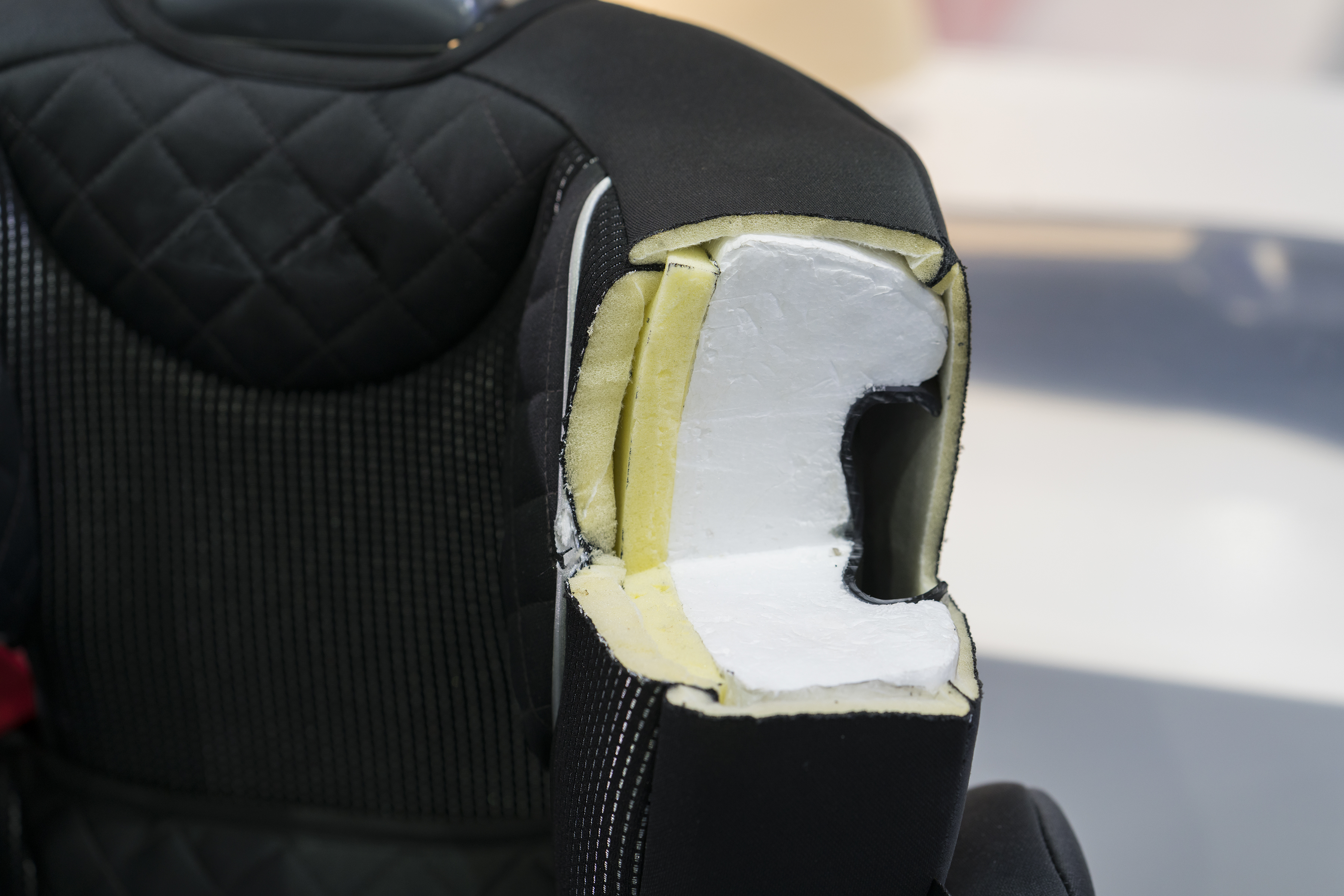Dow and Gruppo Fiori Unveil Breakthrough in Automotive Polyurethane Recycling

Dow and Italy-based Gruppo Fiori have jointly introduced a new recycling process that allows polyurethane (PU) foam from end-of-life vehicles to be recovered without the need for dismantling, according to a company announcement. The development is seen as a significant step toward building a circular economy in the automotive sector.
Polyurethane foam is widely used in car interiors for comfort, safety, and energy efficiency. A typical vehicle contains nearly 28 kilograms of PU, of which 10–15 kilograms are used in seats. Traditionally, recovering this material required complex disassembly of vehicle parts, making large-scale recycling costly and inefficient.
The new process eliminates that step, producing a clean PU waste stream suitable for chemical recycling. According to the announcement, the technology is designed to:
Enable direct recovery of polyurethane from end-of-life vehicles;
Keep valuable polyurethane foam out of landfills and reintegrate it into productive use;
Support industrial-scale recycling and reuse in automotive applications;
Produce recycled-content polyols for new materials;
Facilitate compliance with upcoming EU End-of-Life Vehicle Regulation (ELVR) requirements;
Reduce landfill waste while helping automakers meet sustainability targets.
“Collaboration is essential to building a closed-loop supply chain,” said Dr. Esther Quintanilla, Global MobilityScience™ Marketing Director at Dow. She noted the partnership helps carmakers meet sustainability and regulatory goals without losing the performance benefits of polyurethane.
Mauro Grotto, President of Italmetalli, a Gruppo Fiori company, added: “By augmenting our expertise in recovering and sorting materials from end-of-life vehicles with Dow’s depolymerization capabilities, we can restore the value of waste and share that value with the industry.”
The breakthrough comes as Europe prepares to enforce stricter rules on recyclability and recycled content in new vehicles. Industry observers note that advances like this could not only lower environmental impacts but also reshape automotive supply chains, as automakers seek reliable sources of high-quality recycled inputs to avoid compliance risks and cost penalties.
This achievement builds on a 2024 memorandum of understanding between Dow and Gruppo Fiori aimed at creating a new ecosystem for recycling end-of-life vehicle components, according to Dow. Since then, the partners have piloted material recovery, assessed recyclability, and tested new business models. The companies describe the latest breakthrough as a step toward industrial-scale readiness.
Dow added that the initiative may further expand its Renuva™ portfolio, which focuses on turning waste materials into new feedstocks through both mechanical and chemical recycling.
Source: Dow






